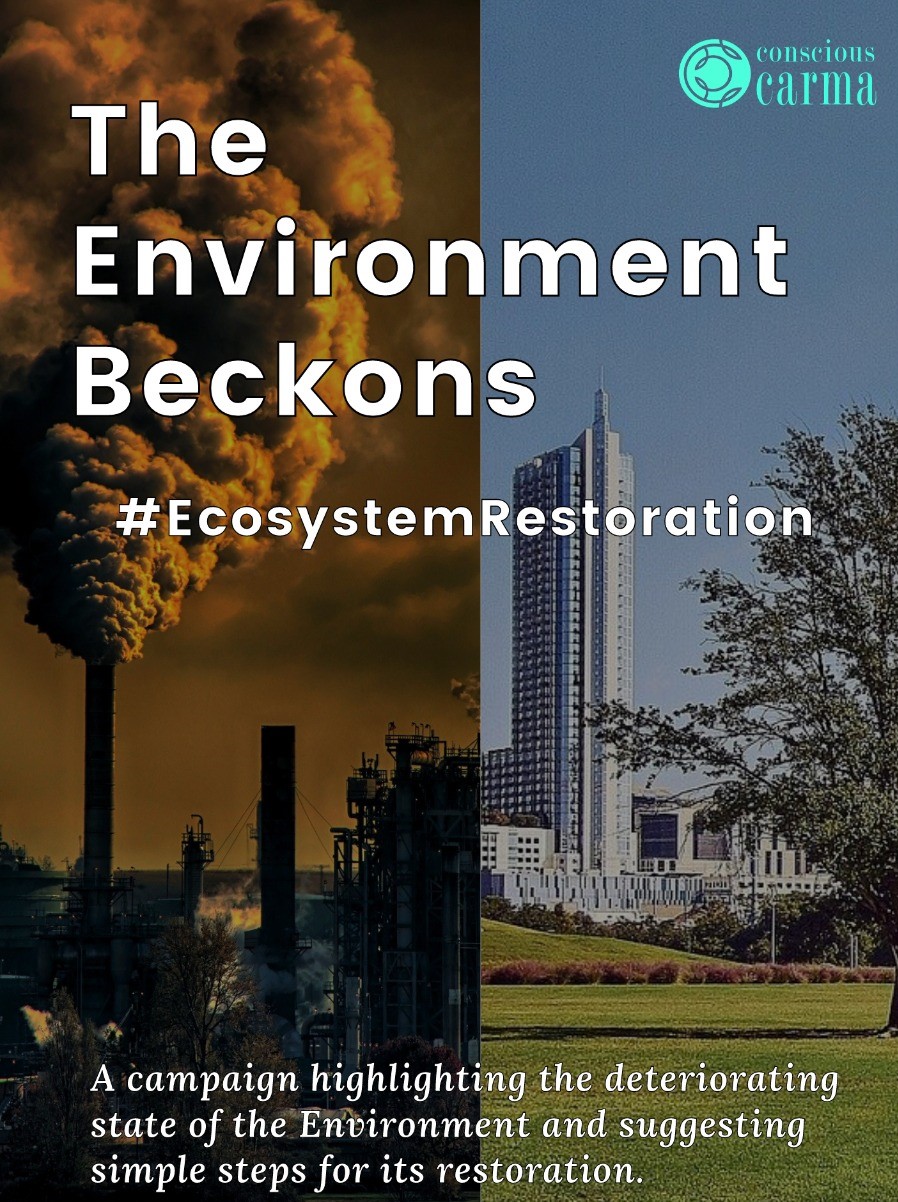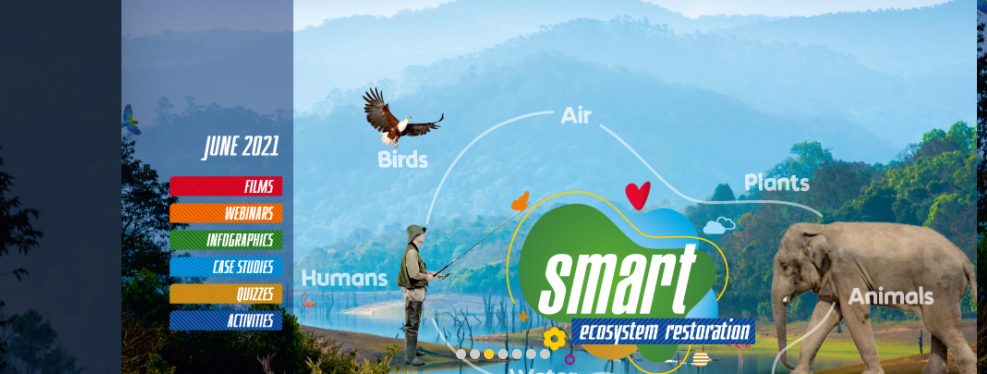
India generated 708,445 tonne e-waste in 2017-18 and 771,215 tonne the following fiscal, said a recent report by the Central Pollution Control Board. In 2019-20, the figure rose 32 per cent to 1,014,961 tonne.
Worldwide, a record 53.6 metric tonnes (Mt) of electronic waste was generated in 2019, up 21 per cent in just five years, according to the UN’s Global E-waste Monitor 2020. The report also predicts global e-waste – discarded products with a battery or plug – will reach 74 Mt by 2030, almost a doubling of e-waste in just 16 years. This makes e-waste the world’s fastest-growing domestic waste stream, fueled mainly by higher consumption rates of electric and electronic equipment, short life cycles, and few options for repair.
“Electronic Waste is emerging as a serious public health and environmental issue in India. India is the “fifth-largest electronic waste producer in the world”; approximately 2 million tons of e-waste are generated annually and an undisclosed amount of e-waste is imported from other countries around the world. E-waste produced in India comprises of 70% of computer devices, 12% in Telecom sector, 8% Medical Equipment, and 7% Electrical equipment.”, says Shyam Soorya, Director-Business & Services Sales, Sureworks Infotech Pvt Ltd.
According to a market survey, the reuse of Electronic Equipment waste in India is estimated at 10-15% while the rest of the E-Waste is going for Raw Material Extraction Recycling. While e-waste recycling is a source of income for many people in India, it also poses numerous health and environmental risks. More than 95% of India’s e-waste is illegally recycled by informal waste pickers called kabadiwalas or raddiwalas.
In India and other parts of the world, gold is recovered from circuit boards by bathing boards in hydrochloric and nitric acid. This poisons waterways many of which supply homes with water. Residual waste, including chemicals, is often dumped improperly in the ground leading to ecological harm. And those who extract valuable minerals from e-waste are exposed to noxious fumes that are extremely hazardous to health.
“We should retain our electronic products for a longer period, repair them, refurbish them. And instead of dumping them at a later date, we should donate them for reuse, else sell them to authorized recycling dealers”, says Poonam K Malhotra, Founder Editor, Conscious Carma, India’s first global magazine on Sustainability & Responsibility.
To commemorate the Environment Day, Conscious Carma lead a campaign to create awareness about the hazards of recycling and dumping of e-waste. “It’s necessary to educate the consumers about e-waste hazard to their health and environment so that they are more conscious about their consumption as well as disposal of electronic products” added Malhotra.
";

